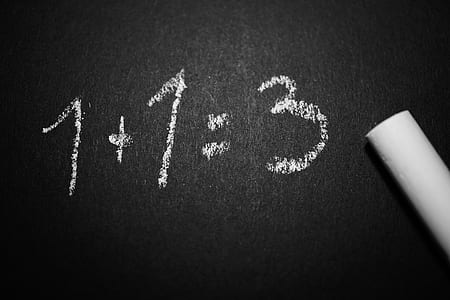Understanding the psychology behind number picking can help you identify bad patterns, improve your game, and reduce unnecessary losses. This article dives into the most common psychological triggers in Satta King and how to control them to become a smarter player.
Why Psychology Matters in Number Guessing
Numbers are fixed. But the reason you pick a number is usually emotional or mental.
Players often say:
“I have a lucky number.”
“This number hasn’t hit in days — it’s due.”
“My friend won with this number yesterday, so I’ll try it.”
“I have a strong gut feeling.”
These statements seem logical, but they are driven by the mind’s bias — not actual data.
Most Common Psychological Triggers in Satta King
🧠 1. The “Lucky Number” Trap
Everyone has a number they consider lucky — birthday, house number, or one that hit once in the past. The brain forms a positive memory around that number and replays it emotionally.
The trap: You keep playing it even when it hasn’t hit in weeks.
Smart move: Track performance honestly. If it hasn’t hit in 20+ days, maybe it’s not that lucky after all.
🧠 2. Recency Bias
If a number just hit yesterday, some players believe it won’t come again. Others believe it will repeat.
Both thoughts are psychological patterns — not based on strategy. The truth is, numbers don’t care about yesterday unless the market follows a known rotation.
Solution: Study actual chart trends instead of relying on feelings.
🧠 3. Fear of Missing Out (FOMO)
You see a number being hyped in a Telegram group or a YouTube tipster says “fix 100% jodi.” Even if you didn’t plan to play that number, you suddenly feel compelled to join in.
FOMO leads to emotional guessing, overbetting, and changing strategies last minute — all of which result in losses.
🧠 4. The “It’s Due” Mentality
Your mind tricks you into thinking a number that hasn’t hit in 10–15 days is “definitely going to hit now.”
This idea comes from the gambler’s fallacy — the belief that past events change future probabilities.
In reality, unless a pattern or cycle backs it up, a number isn’t “due” — it’s just delayed.
🧠 5. Chasing Losses Emotionally
After losing, the brain goes into panic mode. It wants recovery, not logic. This results in guessing more numbers, increasing bet amounts, and abandoning strategy.
If your emotions are controlling your game, you’re not guessing — you’re gambling blindly.
The Emotional Cycle of a Satta King Player
Most players go through this loop:
Plan a number with logic
Feel unsure, so add more numbers
See others posting different guesses
Change number last-minute
Lose and regret
Try again tomorrow, repeating the same cycle
To break this loop, you need awareness and discipline.
How to Make Better, Emotion-Free Guesses
✅ Track Your Decision Process
After each game, write down:
Why you chose that number
What logic you used
If your decision changed last minute
Over time, you’ll discover whether you’re guided by logic or emotion.
✅ Limit Social Influence
Stop relying on what others post. Telegram and WhatsApp groups are filled with hype and fake tips.
Trust your own analysis. If you don’t have one, create your own logic routine.
✅ Use Numbers Without Attachment
Numbers are not magical. Don’t “fall in love” with any digit or pattern. Treat each guess like a business decision — emotionless and strategic.
✅ Take Breaks to Reset Mental State
If you feel frustrated, angry, or addicted — step away for a day or two. Mental calm is more valuable than any guess.
Example of Emotion vs Logic in Real Play
Player A (Emotional):
Picks 23 because it hit last month
Sees 45 hyped on YouTube and switches guess
Bets ₹500 on 45 and loses
Blames luck, not the process
Player B (Logical):
Studies chart
Notices 87 has gap of 14 days and mirror sync
Bets ₹200 on 87 based on reasoning
Doesn’t win but records it, sticks to the plan
Over time, Player B is more likely to win consistently.
Psychological Tools for Smarter Playing
Tool Purpose
Guessing Journal Track logic vs emotion
Daily Limit Plan Stop overguessing
Emotional Check-In Ask “Am I calm or chasing?”
Logic-Based Strategy Use gap, mirror, and ending instead of feelings
If you liked this post and you would like to obtain additional info with regards to Sattaresultlive.Com kindly check out our own internet site.
Please login or Register to submit your answer









